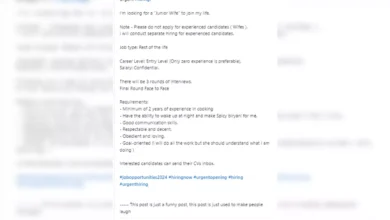‘Respect Indian users’: Government orders Whatsapp to withdraw its new privacy policy


In a strongly worded letter to WhatsApp CEO Will Cathcart, India’s ministry of electronics and information technology has expressed its “strong concerns” on the new privacy changes and asked the instant messaging app to “respect the date security of Indian users”.
Facebook recently updated the privacy policy for WhatsApp which was set to go in effect from 8th February but it has now been delayed till May 15 because of the strong opposition to the new terms by the users. Turkey has even started an antitrust investigation over it.
In India, forget the data privacy law, the government has even failed to notify the draft intermediary Guidelines (Amendment) Rules for the last two years.
The government had proposed changes to its intermediary rules that would require the intermediary to inform its users at least once every month, that in case of non-compliance with rules and regulations, the intermediary has the right to immediately terminate the access or usage rights of the users to the computer resource of intermediary and remove non-compliant information.
The Indian government reminded that the South-Asian country has the largest user base globally and the new Privacy Policy “raises grave concerns regarding the implications for the choice and autonomy of Indian citizens”. According to the ministry, the new ToS are not respecting properly Indian citizens, whatever that means.
The letter comes a day after the Delhi High Court said users are not bound to use the app and they can uninstall it – using it is a voluntary action that does not require court interference. The court even went further and said “even Google Maps captures all your data and stores it”.
WhatsApp and Facebook representatives also stated that the actual lawsuit did not have any foundation. Private chat messages between family and friends would remain encrypted and are not stored by WhatsApp, and this position is not changing under the new Privacy Policy.



